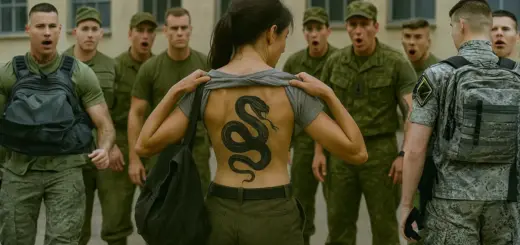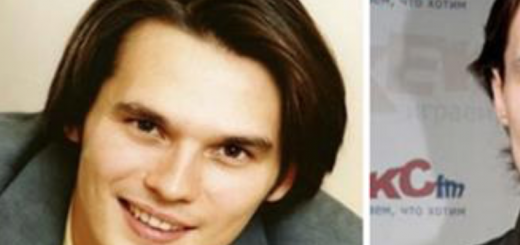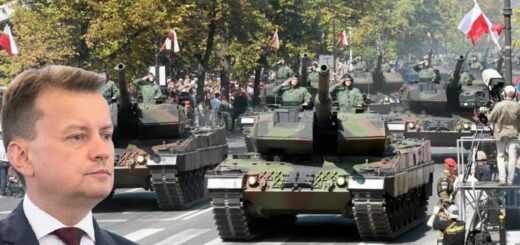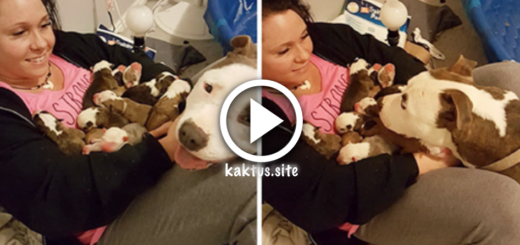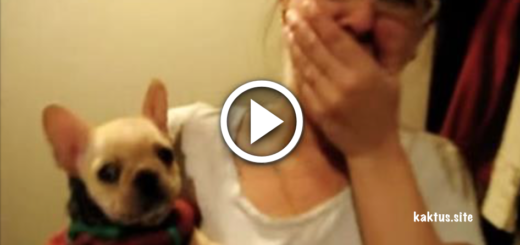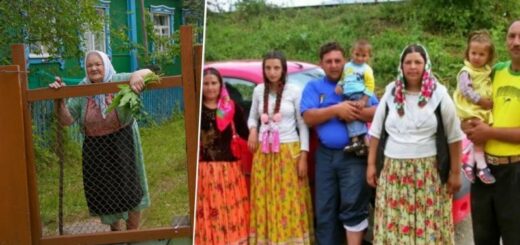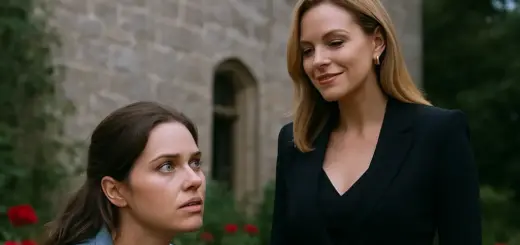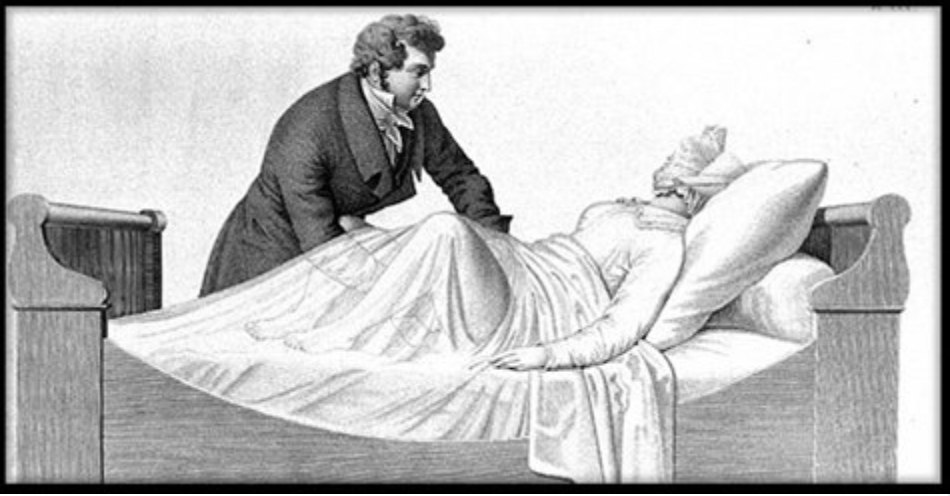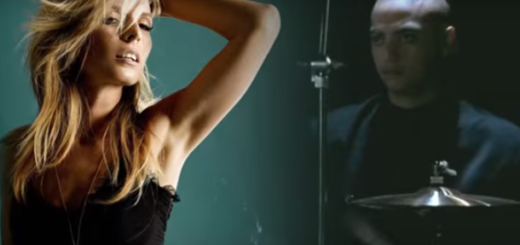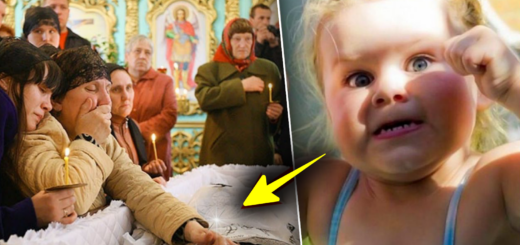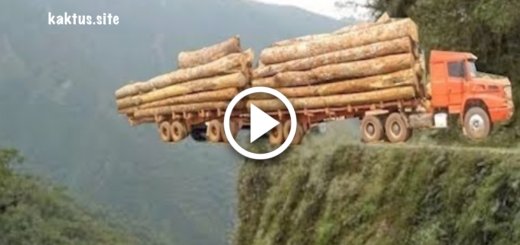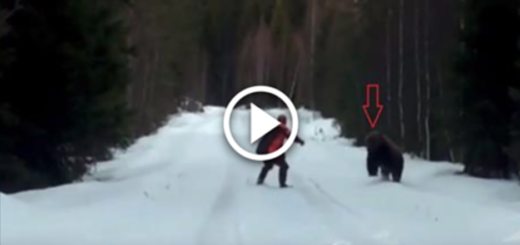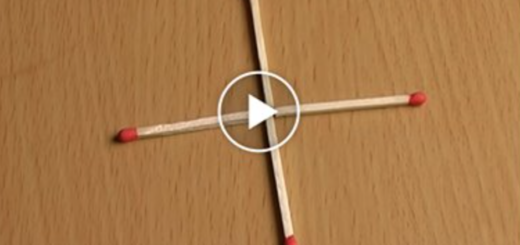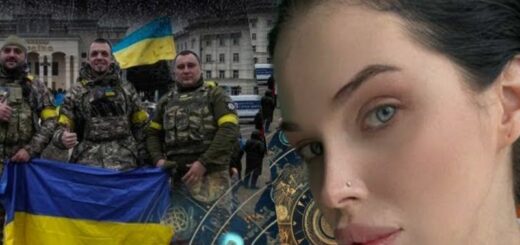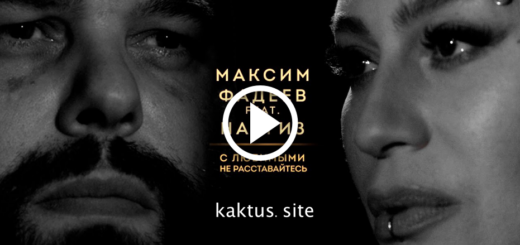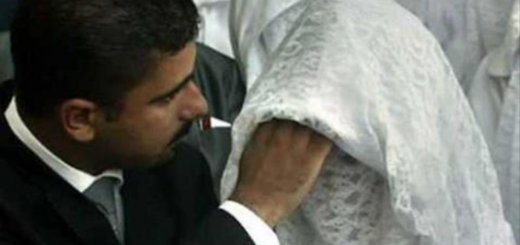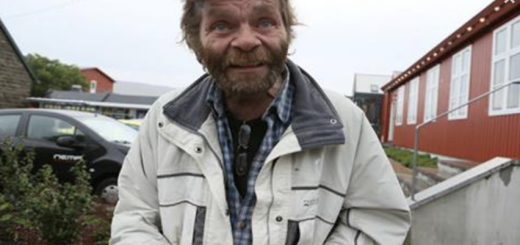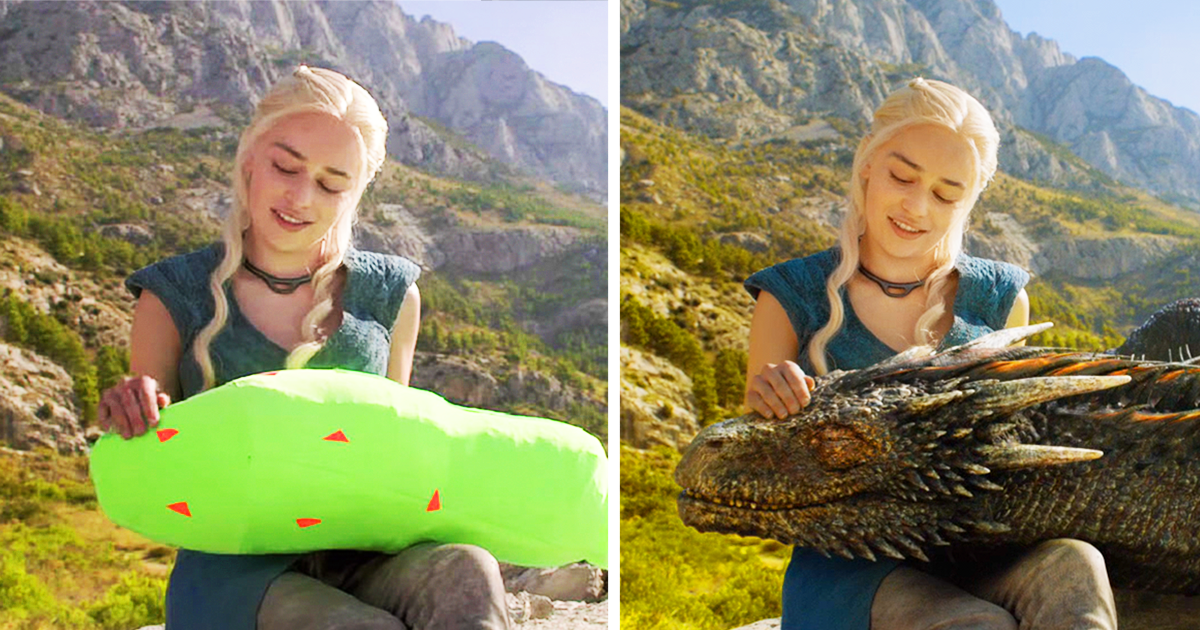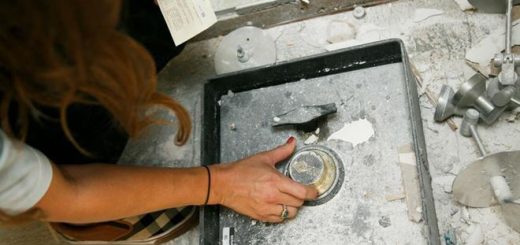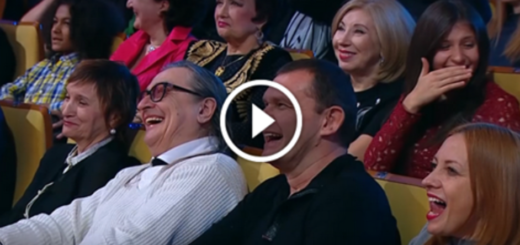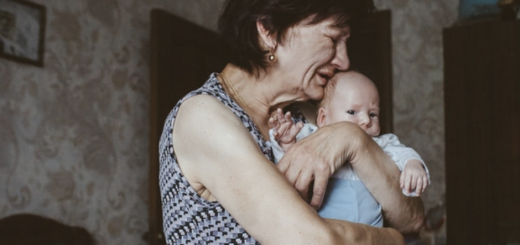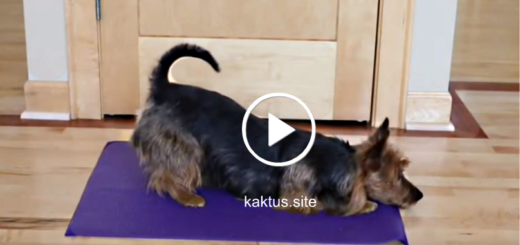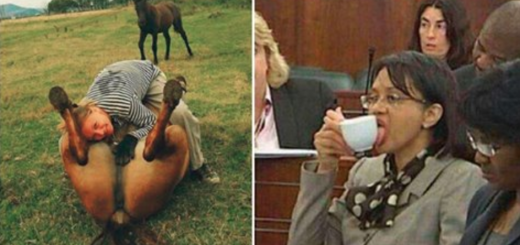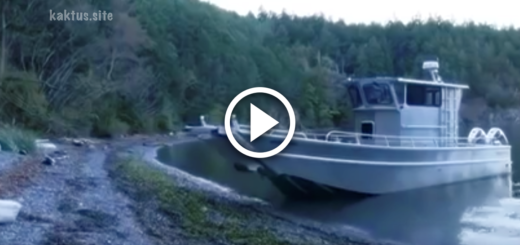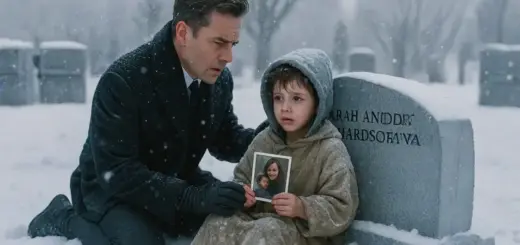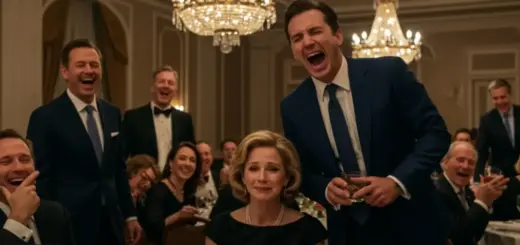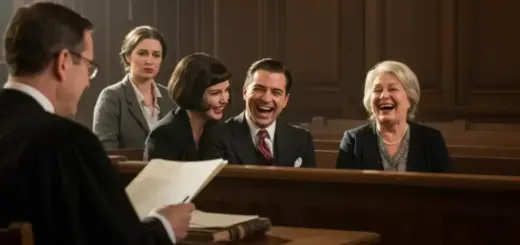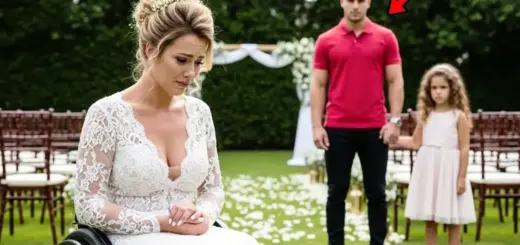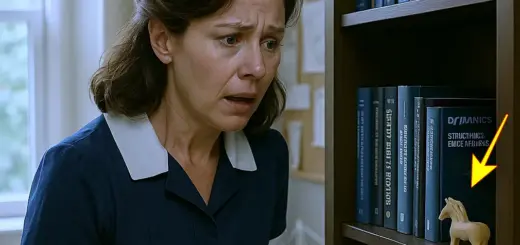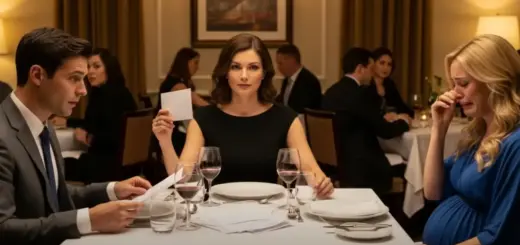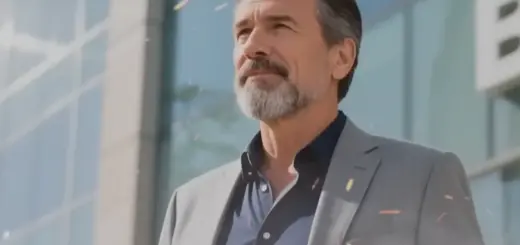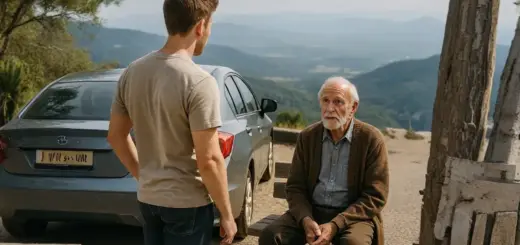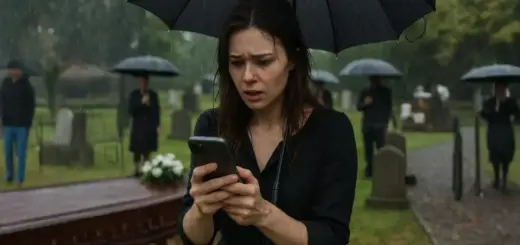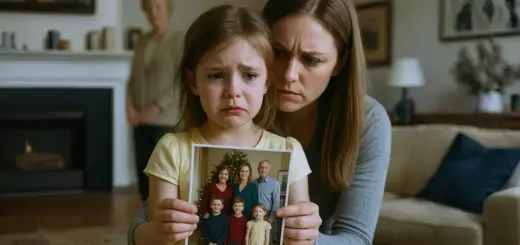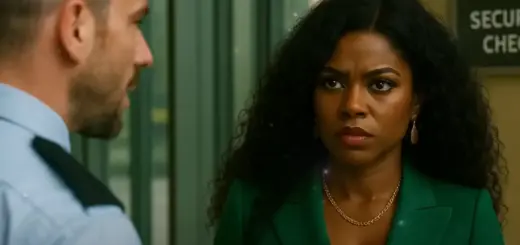A bitter February nor’easter scoured the old burial ground on the outskirts of Willowbrook, Massachusetts, sending plumes of snow swirling between slanted gravestones and iron-wrought angels. Mark Richardson walked against the wind, his body braced, the collar of his expensive black coat turned up against the sting. He maintained a fortress of composure, his expression unreadable, even as a familiar storm of memories churned beneath the surface.
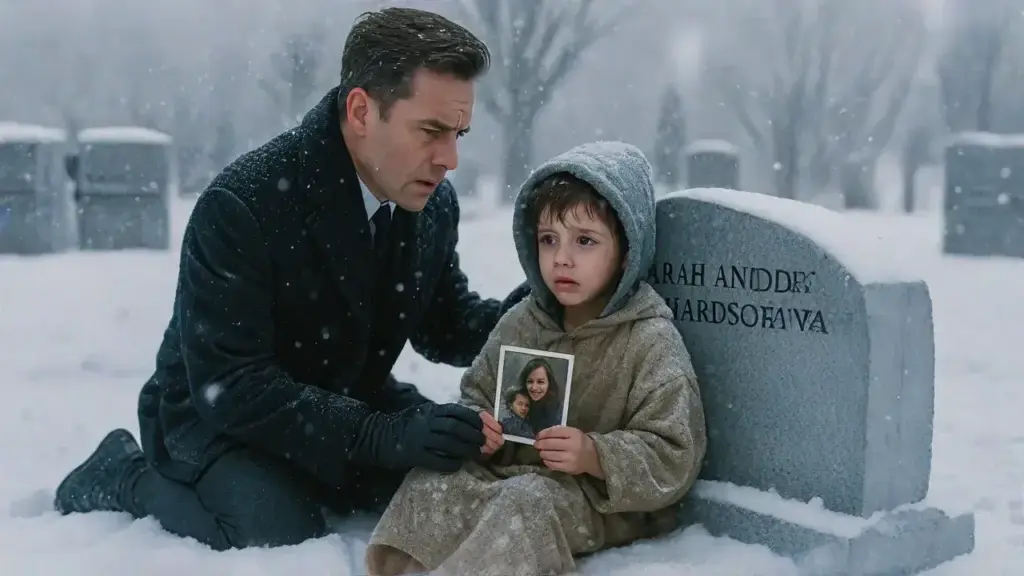
This was his annual, somber pilgrimage. He came to this exact spot to visit the grave of his wife, Sarah. Five years had passed since the hospital, since the silence. While the raw, public spectacle of grief had long subsided, Mark himself remained fundamentally fractured. That day hadn’t just stolen the woman he loved; it had extinguished the light in their restored loft in the old mill district, it had silenced the shared laughter over Sunday papers, and it had severed the invisible tether that kept him anchored to the world.
He came to a stop before an unassuming, modern granite marker. SARAH ANNE RICHARDSON. The dates of her life were etched below her name, a span that now felt impossTables, impossibly brief. Mark stared at the carving, the biting wind failing to register against the profound, internal cold.
He was not a man given to outward displays. “Five years, Sar,” he whispered, the wind snatching the words from his lips. The gesture was futile, yet standing here, he always entertained the fantasy that she was just beneath the frost, that his voice could somehow reach her.
It was, perhaps, the reason he could never fully move forward. Closing his eyes, Mark inhaled the frigid air, steeling himself against the familiar hollowness that threatened to consume him. His ritual was broken by a sound. Not the wind, but a quiet, shuffling rustle. Mark’s eyes snapped open. He turned, and his breath hitched.
There, curled upon the granite slab bearing Sarah’s name, was a small child. The boy, who couldn’t have been older than six, was half-enveloped in a filthy, threadbare blanket. His small frame was wracked with shivers, and he clutched a worn, dog-eared photograph in his chapped hands.
Mark was paralyzed by sheer disbelief. The child was asleep—asleep on the grave. “What in God’s name?” he breathed, taking a cautious step forward. The frozen gravel crackled under his leather-soled boots.
Drawing closer, he took in the boy’s appearance. He wore a flimsy sweatshirt, utterly inadequate for the New England winter. His dark hair was matted, his skin a pale, almost blueish-white.
– Hey! Kid!
Mark’s voice was firm, cutting through the wind. The boy didn’t move.
– Wake up!
He reached out and placed a gloved hand on the boy’s thin shoulder. The child reacted instantly, springing up with a sharp, terrified gasp, his large, dark eyes flying open.
For a long second, he was wild with fear, blinking rapidly before his gaze focused on Mark. They simply stared, the man in his funereal black coat and the boy in his rags. The child’s grip tightened on the photograph as he glanced down at the gravestone beneath him.
His lower lip trembled.
– Mommy!
A cold spike of confusion and something else—something akin to dread—shot through Mark.
– What did you say?
The boy flinched at his sharp tone and looked down, his thin shoulders hunching.
– I’m sorry, Mommy. I didn’t mean to fall asleep.
Mark’s chest tightened painfully.
– Who are you?
The boy remained silent, pressing the photograph to his chest as if it were a shield. Mark’s patience, already thin, frayed. He reached for the picture. The boy tried to pull back, a weak, reflexive action, but he was no match for Mark.
When Mark’s eyes focused on the image, the air left his lungs. It was Sarah. Unmistakably Sarah, her brilliant smile lighting up her face, her arms wrapped tightly around this very same boy.
– Where did you get this?
Mark’s voice was a strained, unfamiliar rasp. The boy shrank into himself.
– She gave it to me.
Mark’s heart hammered against his ribs.
– That’s not possible.
The boy lifted his head, his impossibly sad eyes meeting Mark’s.
– It is. Mom gave it to me. Before she went away.
The frozen ground seemed to drop out from under Mark’s feet. Sarah had never spoken of this child. Not one word. Who was he? And why was he seeking shelter at her grave, claiming her as his mother?
The silence between them stretched, heavy and suffocating as the winter sky. Mark clutched the photograph, his mind utterly refusing to process the scene. The boy, meanwhile, watched him with a tangible fear, as if expecting to be struck or screamed at. Mark felt a surge of something—not just confusion, but a profound, disorienting irritation.
He looked again at the child—Leo, he would later learn—who stood shivering, his cheeks blotchy red from the cold, his lips cracked and dry. He looked as if he hadn’t had a warm meal in days. Mark’s expression hardened.
– How long have you been out here?
He managed to keep the harshest edge from his voice.
– A while.
Leo whispered, hugging himself.
– Where are your parents?
Mark pressed. The boy just looked down, his silence a complete and total answer. Mark let out a heavy, frustrated sigh. Interrogating a freezing child in the middle of a cemetery was pointless. He had to act.
– You’re coming with me.
Leo’s eyes widened, a flash of new terror in them.
– Where?
– Somewhere warm.
Mark replied, offering no further explanation. The boy hesitated, his fingers tracing the edge of the blanket.
– Can I keep my picture?
He asked, his voice tiny, nodding at the photo still in Mark’s hand. Mark glanced at Sarah’s smiling face, then back at the boy. He handed it back. Leo snatched it, holding it with both hands as if it were his only anchor in the world.
Mark bent down and easily scooped the child into his arms. The lack of weight was alarming; he felt as light as a bundle of dry leaves.
Without another word, Mark turned and walked toward the cemetery gates. This time, as he left Sarah’s grave, he felt a profound shift. He wasn’t just leaving her memory; he was leaving behind the absolute certainty that he had ever truly known her at all.

